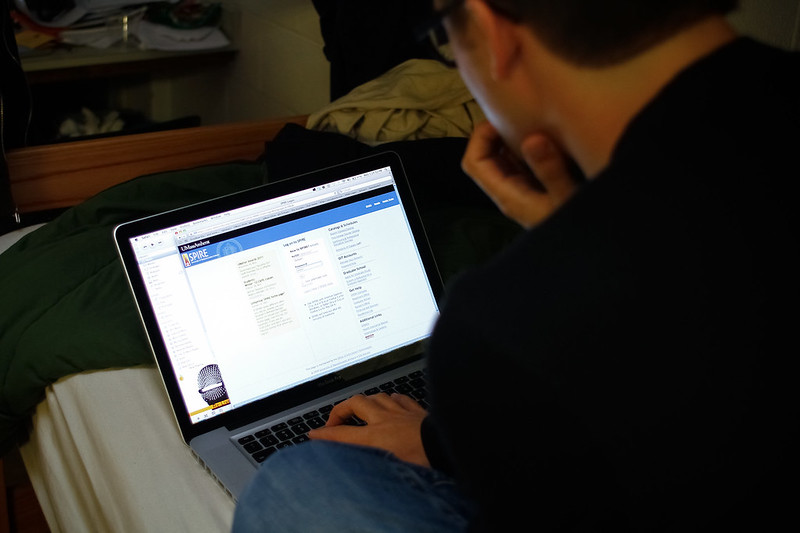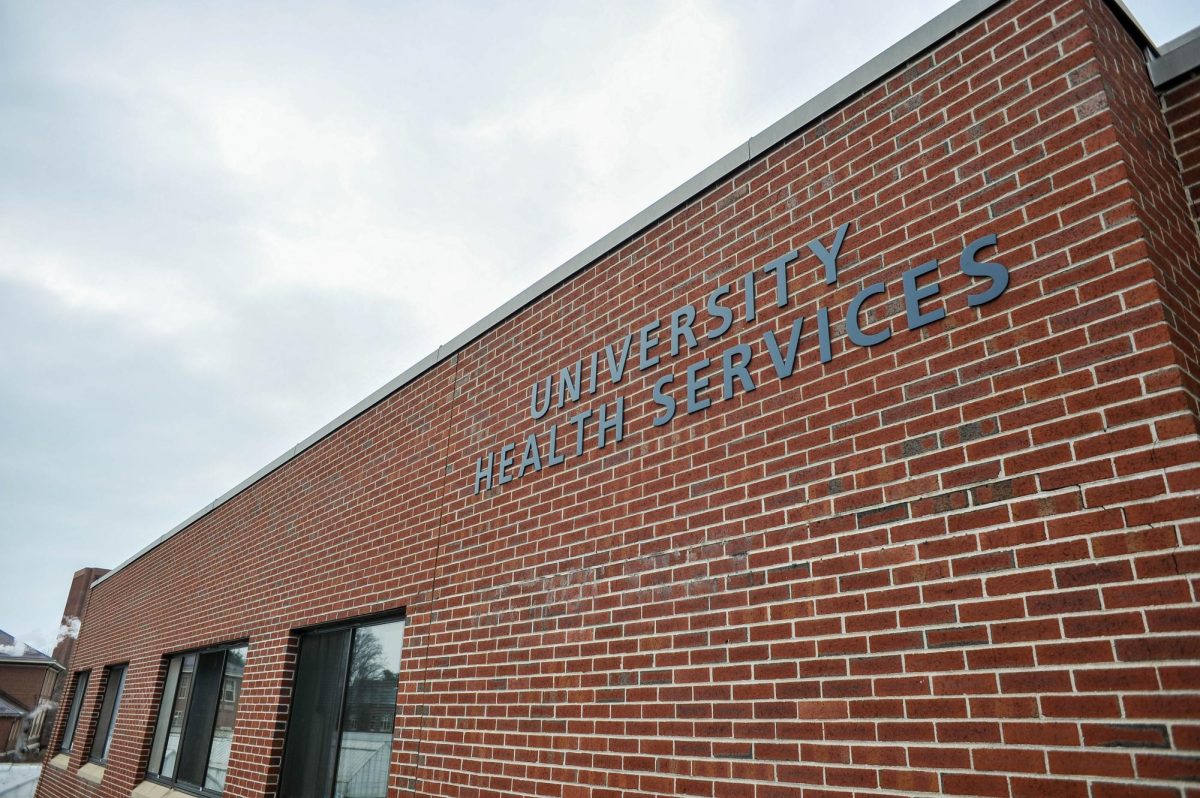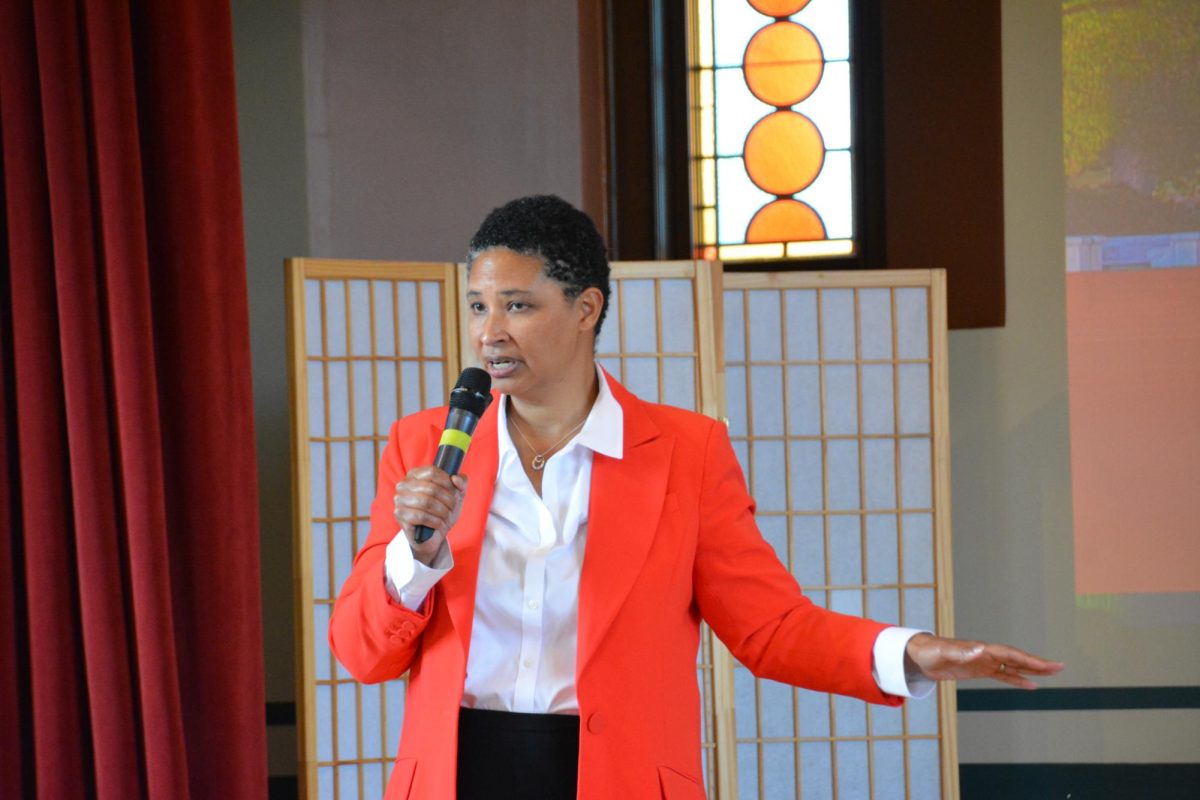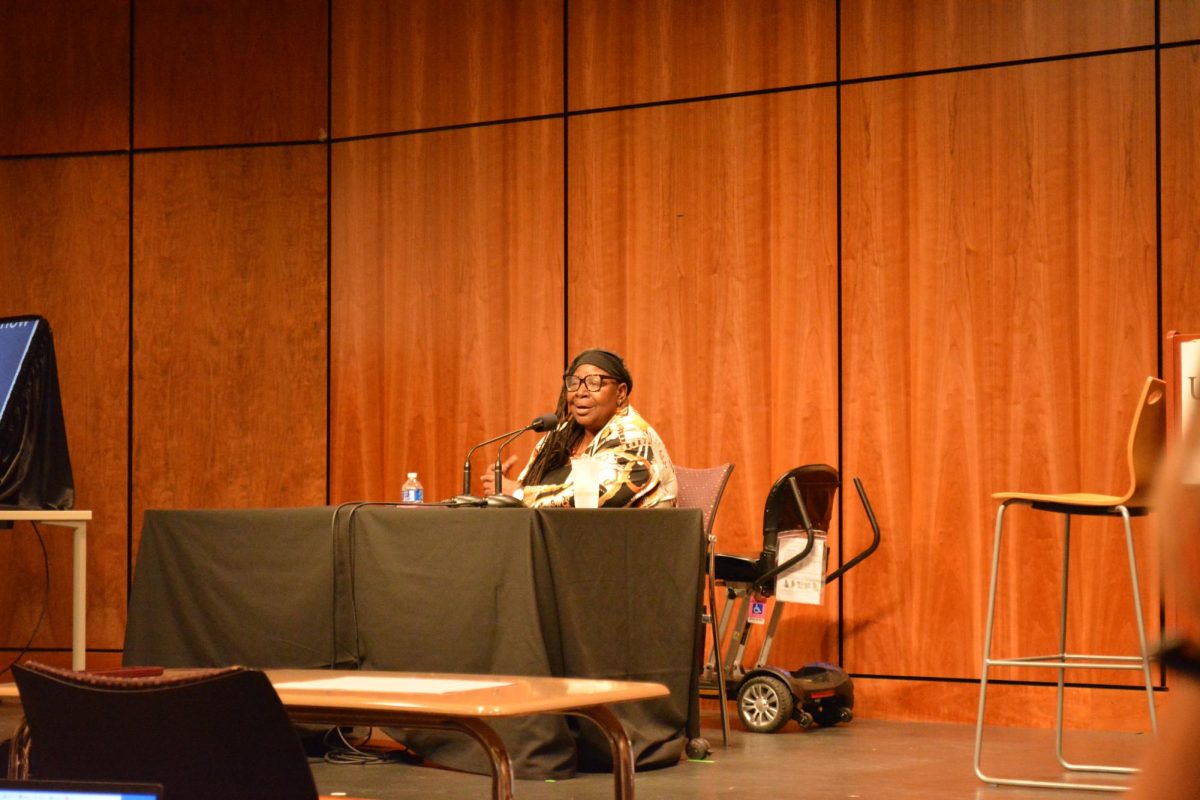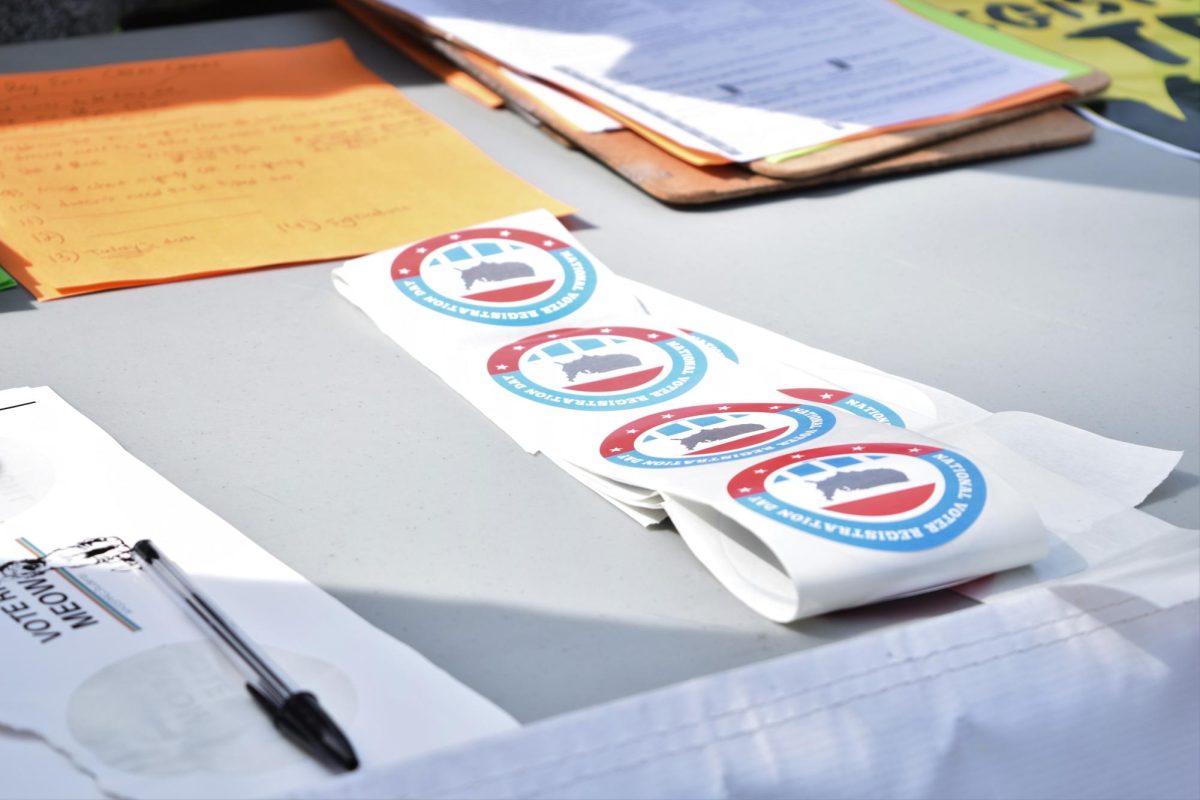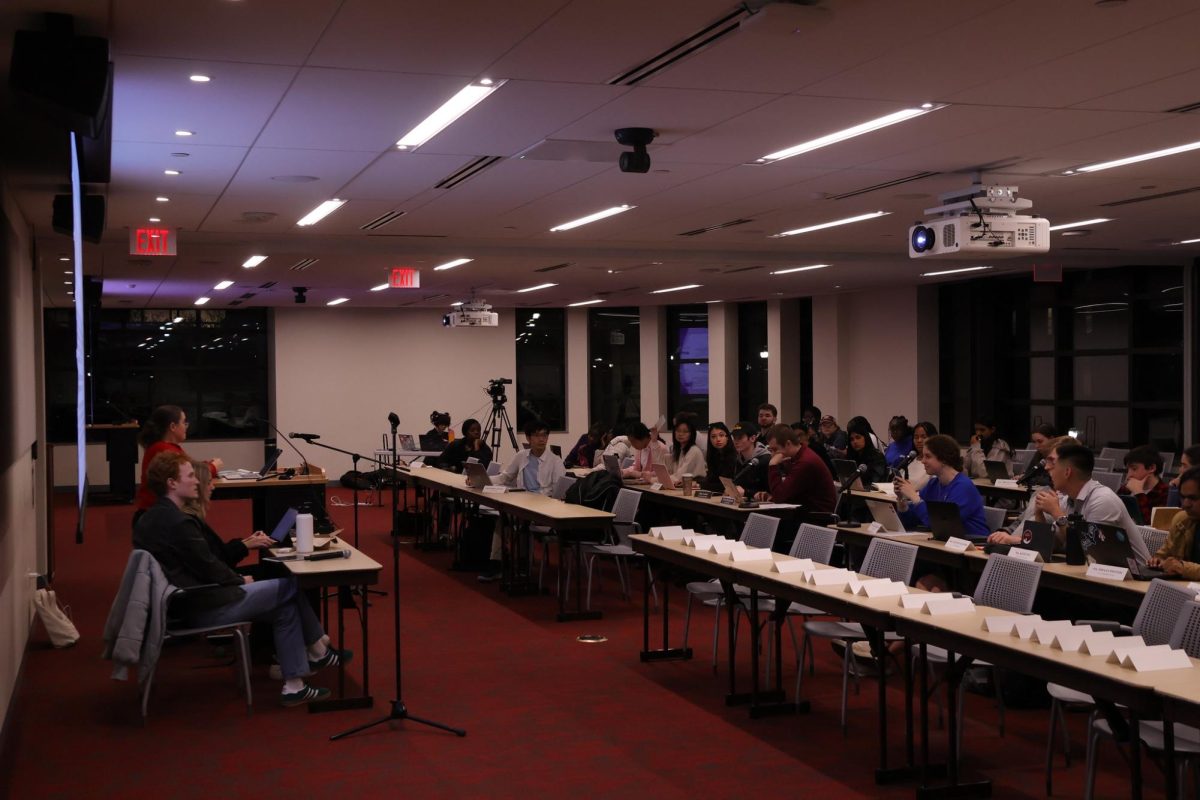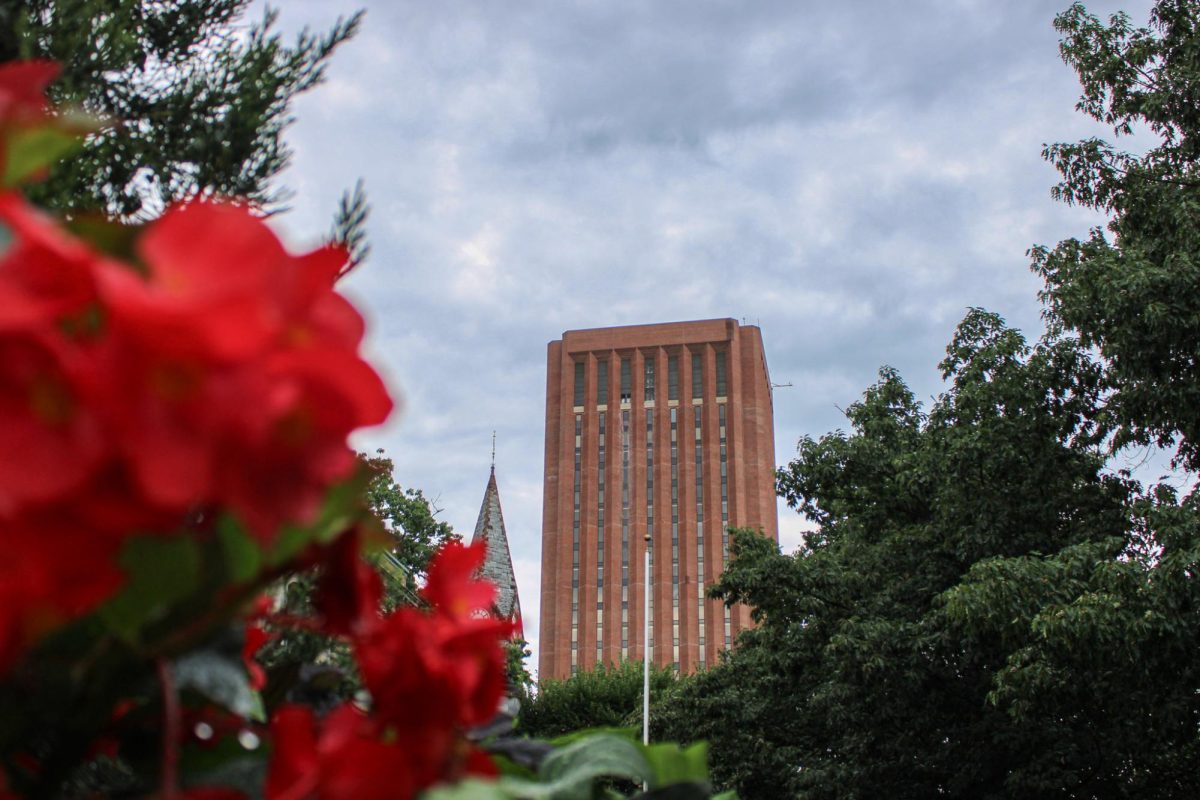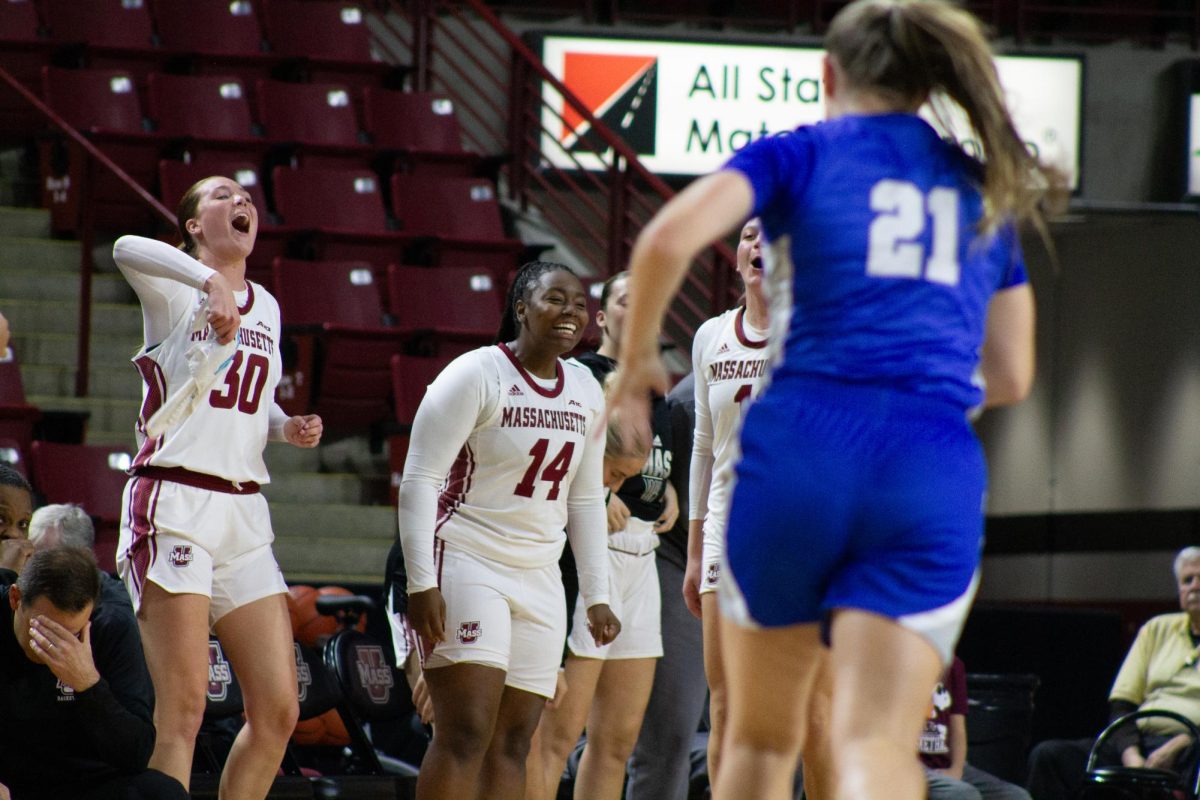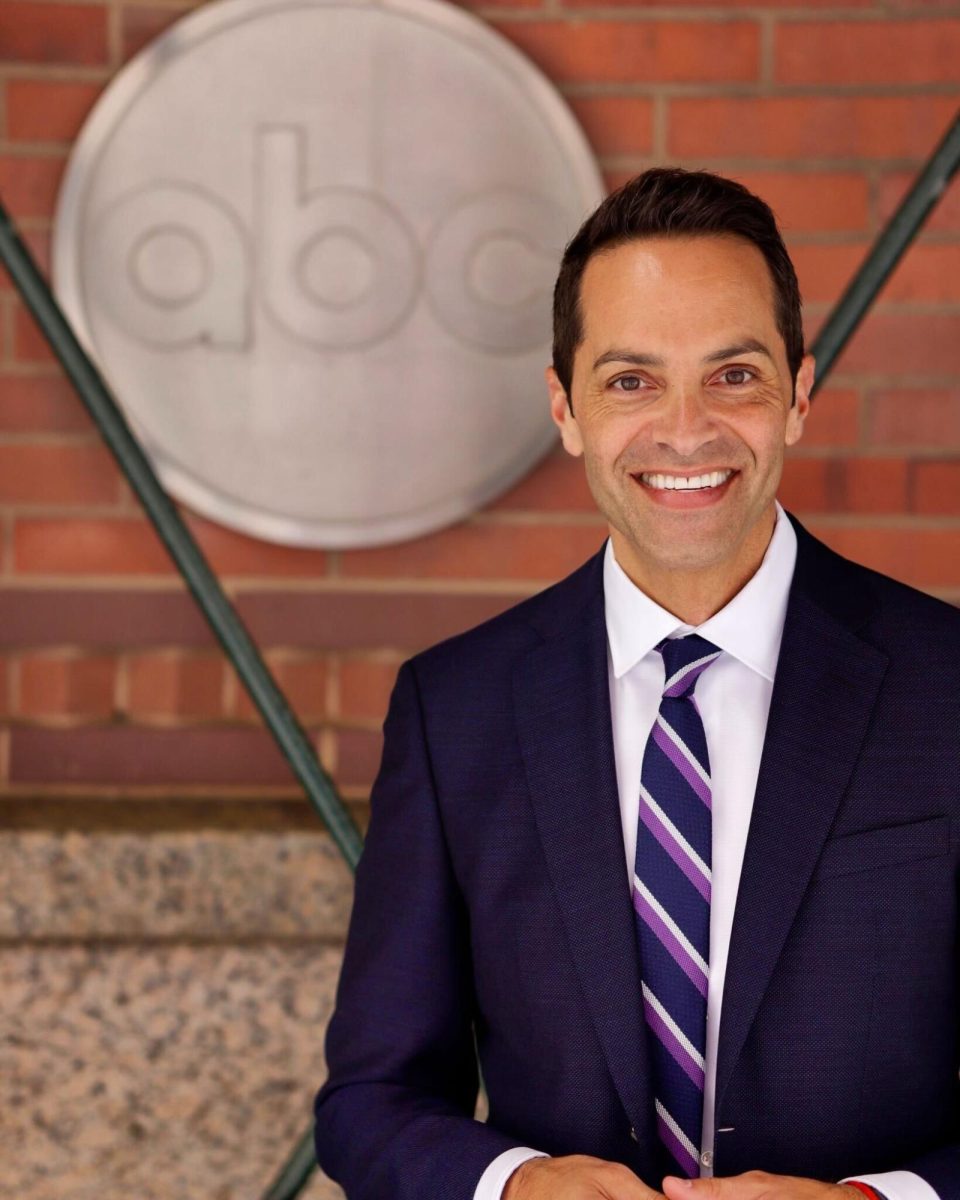Starting on Friday, Oct. 18, the University of Massachusetts introduced pronouns to student, staff and faculty profiles in People Finder, the University’s public online directory.
The initiative was part of International Pronouns Day, an annual event which seeks to make educating, sharing and respecting pronouns a commonplace, according to its website. Genny Beemyn, the director of the UMass Stonewall Center, is the co-chair of International Pronouns Day alongside colleague Shige Sakurai of the University of Maryland, according to the Advocate.
In an email, Beemyn said the change is an “important step forward” at the University, as it helps address misgendering and moves towards a campus culture of “asking, sharing and respecting pronouns” and “not assuming how someone identifies their gender.”
In a press release, the University highlighted other steps it has taken to support transgender community members. The University was one of the first colleges in the country to allow students to use a chosen name on non-legal campus records and documents, to offer gender-inclusive housing, to require gender-inclusive restrooms in renovated and new buildings and to allow students to indicate pronouns on course rosters.
“This move is especially important for faculty and staff, as it is the only place their pronouns can appear,” Beemyn said, noting students already have their pronouns on course rosters and in the administrative systems.
Beemyn explained the idea came from a “great trans ally,” Karen Mack, who works with SPIRE and other software systems at UMass Information Technology.
Mack, the associate director of administrative systems at UMass IT, said in an email, “Working on these projects has deepened my understanding of the unique challenges our trans community can encounter on campus.”
Mack was inspired after seeing pronoun’s on the online campus directory of her daughter’s college, and approached Beemyn to start the project. Beemyn assisted in developing the language on the SPIRE pronouns page where students can designate their pronouns.
“This change required three software developers from different parts of IT to retrieve pronouns from SPIRE, store them in our public directory and have them appear on the People Finder search results page,” Mack explained.
Beemyn assisted in developing the language on the SPIRE pronouns page where students can designate their pronouns. The page can be found under the “My Personal Information” section in SPIRE.
On the page, students are encouraged to share their pronouns directly with instructors, peers and campus administrators, as some members of the community may not always have immediate access to SPIRE or People Finder. The page also notes the pronouns will be seen by parents, family members and legal guardians.
“Students who want to have their pronouns on course rosters, but not in People Finder need to fill out a FERPA privacy request not to be listed in People Finder and submit it to the Dean of Students Office,” the page reads.
When asked why it was important that pronouns could be kept private, Beemyn noted some trans students are not out to their families or were not comfortable being out publicly.
“It is critical that students be able to have their pronouns on course rosters and in other on-campus venues, but be able to opt out of being on People Finder, which anyone can access,” Beemyn added.
“My hope with this project is that it will help foster inclusivity,” Mack added. “ Our trans students have the right to be referred to accurately, and having pronouns more visible gives others the information to do this.”
“I also hope it raises awareness that pronouns are something we need to think about when we address people,” Mack said.
UMass News & Media Relations deputy director Mary Dettloff said that since the change, she has heard “nothing but positive things thus far.”
Editor’s note: This article has been updated to include comments from Karen Mack.
Kathrine Esten can be reached at [email protected] and followed on Twitter at @KathrineEsten.

